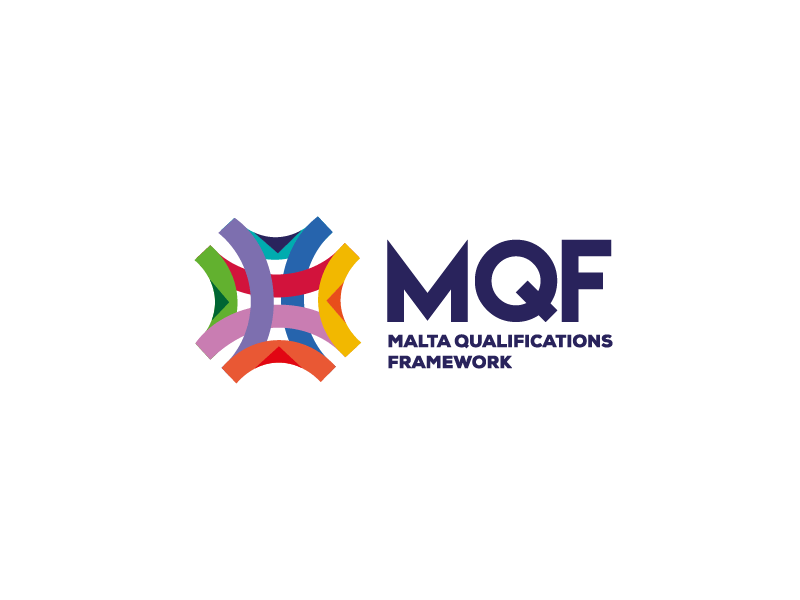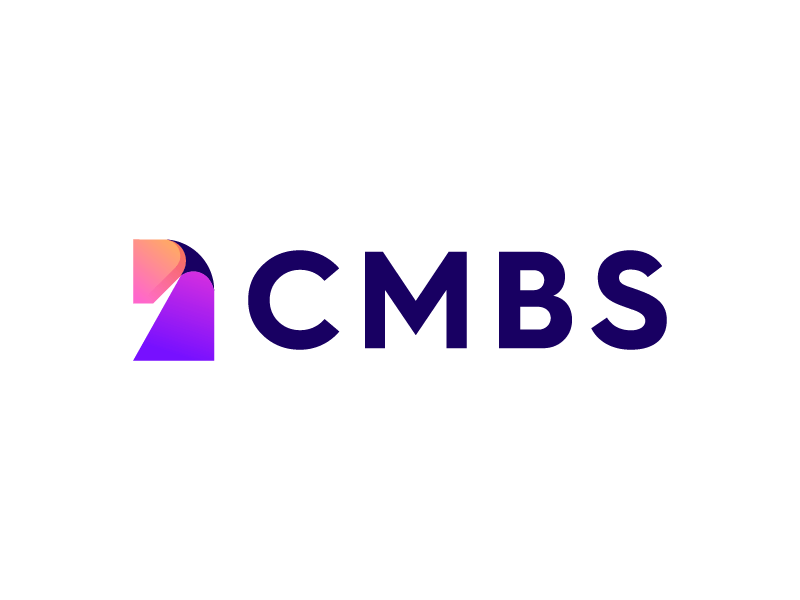Table of Contents
The BSc in Accountancy and Finance (Top-Up) is the final third year of the Accountancy and Finance Degree and is made specifically for those learners who have prior experience in accountancy and finance and/or a relevant education. Gain the technical knowledge and practical expertise for a successful career in finance with our BSc in Accountancy and Finance (Top-Up).
Learners will learn how to:
- Apply Maltese tax law for taxpayers and their agents
- Calculate income and capital tax liabilities for individuals and businesses
- Handle tax disputes and objections
- Understand social security contributions for employees, employers, and self-employed
- Analyse the impact of VAT on incorporated and unincorporated businesses
- Manage businesses based on different, unique financial policies
- Evaluate short-term and long-term investments
- Secure various types of business financing considering costs
- Analyse the impact of capital costs on business value
- Collect data using quantitative and qualitative methods
- Manage, analyse, and evaluate acquired information
- Maintain ethical considerations during research
- Develop a research proposal for the dissertation
- Conduct ethical and effective data gathering aligned with research methods
- Produce unique, relevant, and original research projects
- Manage time effectively and collaborate with supervisors throughout the research process
- Conduct thorough literature reviews for research proposals and projects
- Analyse data using quantitative and qualitative methods
- Develop and write effective research proposals
Awarding Body
Accrediting Body

Entry Requirements
To be eligible for the programme, candidates must hold either: A Higher Diploma OR a Foundation Degree at MQF Level 5
Non-Native English Speakers should be in possession of suitable English qualifications such as IELTS 5.5 or CEFR, or equivalent.
Mode of Assessment
This course implements various methods and techniques of assessment, including examinations, assignments, presentations, research proposals and a dissertation.
Who is this course for?
This course is intended for those who are aged 21+ and those aspiring to be accountants or working in the world of finance.
Delivery
Face-to-faceLanguage
This programme will be delivered in English.
Tutors
Location
Central Mediterranean Business School
The Brewhouse
Mdina Road, Zone 2,
Central Business District
Birkirkara CBD 2010, Malta
Key Info
Duration
12 MonthsStarting
May 2025Credits
60 ECTS/ECVETEarly Submission (EU Students)
€6,359Full Price (EU Students)
€6,995International Price (Non-EU Students)
€8,995Modules
This module focuses on the most important corporate governance legal issues arising worldwide and analyses the influence that these theories have exerted on society and the business community. The module focuses on the overall corporate governance debate and the various corporate governance solutions originating from it. The final part of the module deals with several scenarios in which the adoption of unethical corporate governance approaches led to the infringement of fundamental rights and produced adverse effects in the corporate world and broader society.
This module focuses on the Maltese taxation system as it relates to individuals and corporate entities. The aim of the module is for students to develop knowledge and skills of the fundamental principles and key technical areas in taxation. The syllabus considers the separate taxes that an accountant would need to have a detailed knowledge of in order to compute tax liabilities, undertake tax planning and identify compliance issues where necessary.
This module builds on the Corporate Business Finance module, allowing learners to understand the fundamental role of a financial manager, mainly in relation to investment, financing and dividend policy decisions in business. Students will also be able to understand the economic environment in which such decisions are made to help them value businesses in the context of this environment and understand how such decisions impact them.
This module highlights the main data collection methods to be implemented in researching topics focusing on accountancy and finance. It introduces learners to the collection, evaluation and analysis of qualitative and quantitative data, demonstrating to students how to produce clear reports, manage time efficiently, and analyse results effectively. As part of this module, students will be asked to formulate a research proposal.
This module is dedicated to the dissertation in accountancy and finance, which focuses on a long academic writing on a topic related to finance or accountancy chosen by the learner themselves. Throughout the course, learners are expected to critique the work of previous academics and assess previous literature focusing on the topic of choice. Furthermore, learners are expected to discuss various theories and methodologies, collect relevant data, conduct an analysis of such data and write it in a report which is clear and understandable and in a good academic format. Learners are expected to carry out the research autonomously under the supervision of an assigned tutor.
Have questions?
Email us at admissions@cmbs.edu.mt or call on +356 9912 1110 to learn more.






